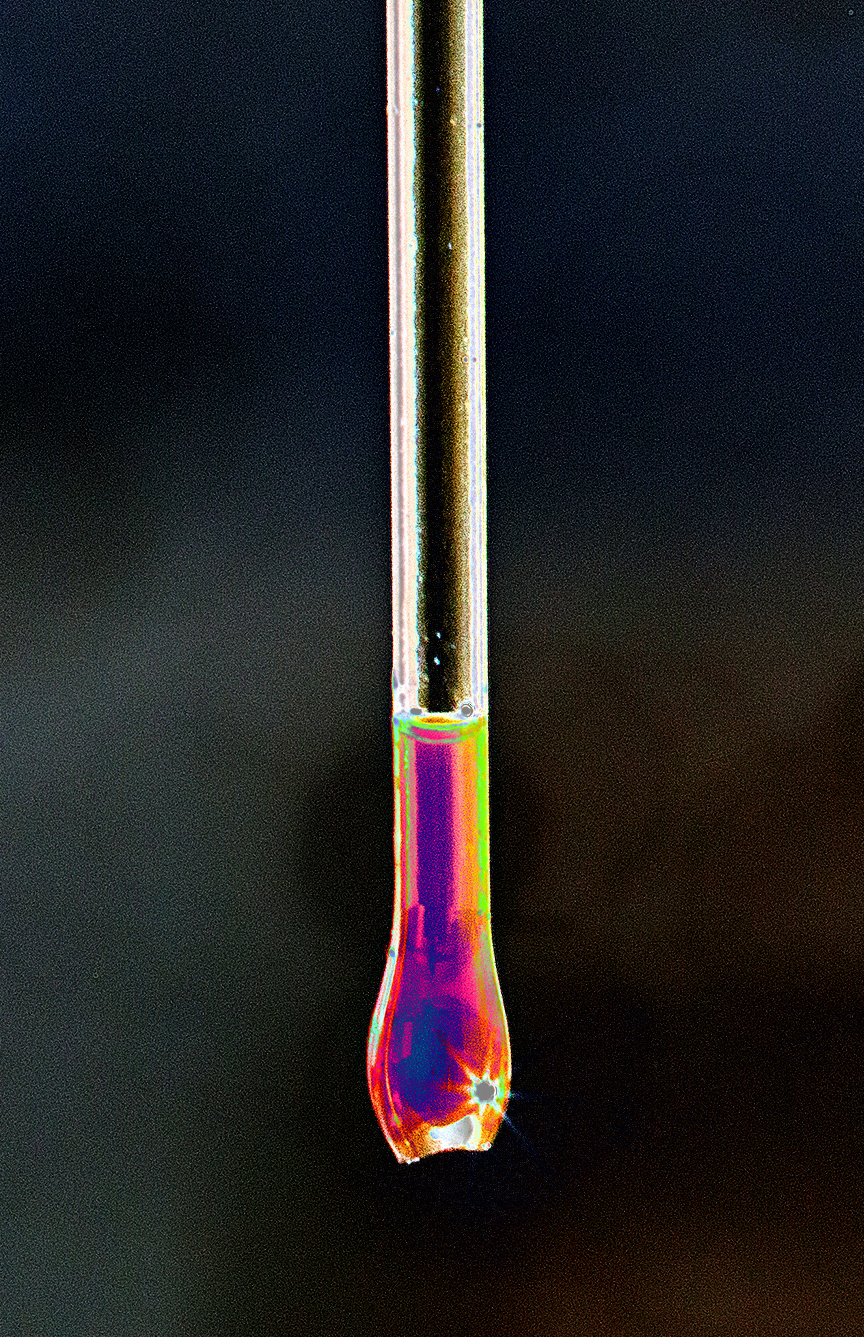Urine mined for farm help
 Researchers are testing a new method to transform wastewater into a resource for agriculture.
Researchers are testing a new method to transform wastewater into a resource for agriculture.
Through an electrochemical reaction, they have extracted a solid derivative of urea called percarbamide, which is nearly 100 per cent pure.
The development could reshape large-scale wastewater treatment and create economic and environmental opportunities.
The research, published in Nature Catalysis, involves using a carbon-based catalyst and atmospheric oxygen under mild conditions to process urea in human and mammalian urine.
The resulting percarbamide can be used in environmental water treatment, disinfection, and as a nitrogen-rich fertiliser to enhance crop growth.
“Daily production of one metric ton of percarbamide would require urine from approximately 6,382 households or 3,800 cows, and only 100 square metres of land,” the study states.
This innovation bypasses the costly purification steps associated with traditional methods.
Urine, often regarded as waste, contains urea - a compound rich in nitrogen essential for fertilisers. This method simplifies urea extraction while generating valuable by-products.
The approach lays the groundwork for more sustainable urban wastewater management, reducing environmental impact and unlocking potential for resource recovery.
While future studies aim to refine and scale this process, researchers anticipate wide-ranging applications for recovered percarbamide in agriculture and beyond.








 Print
Print